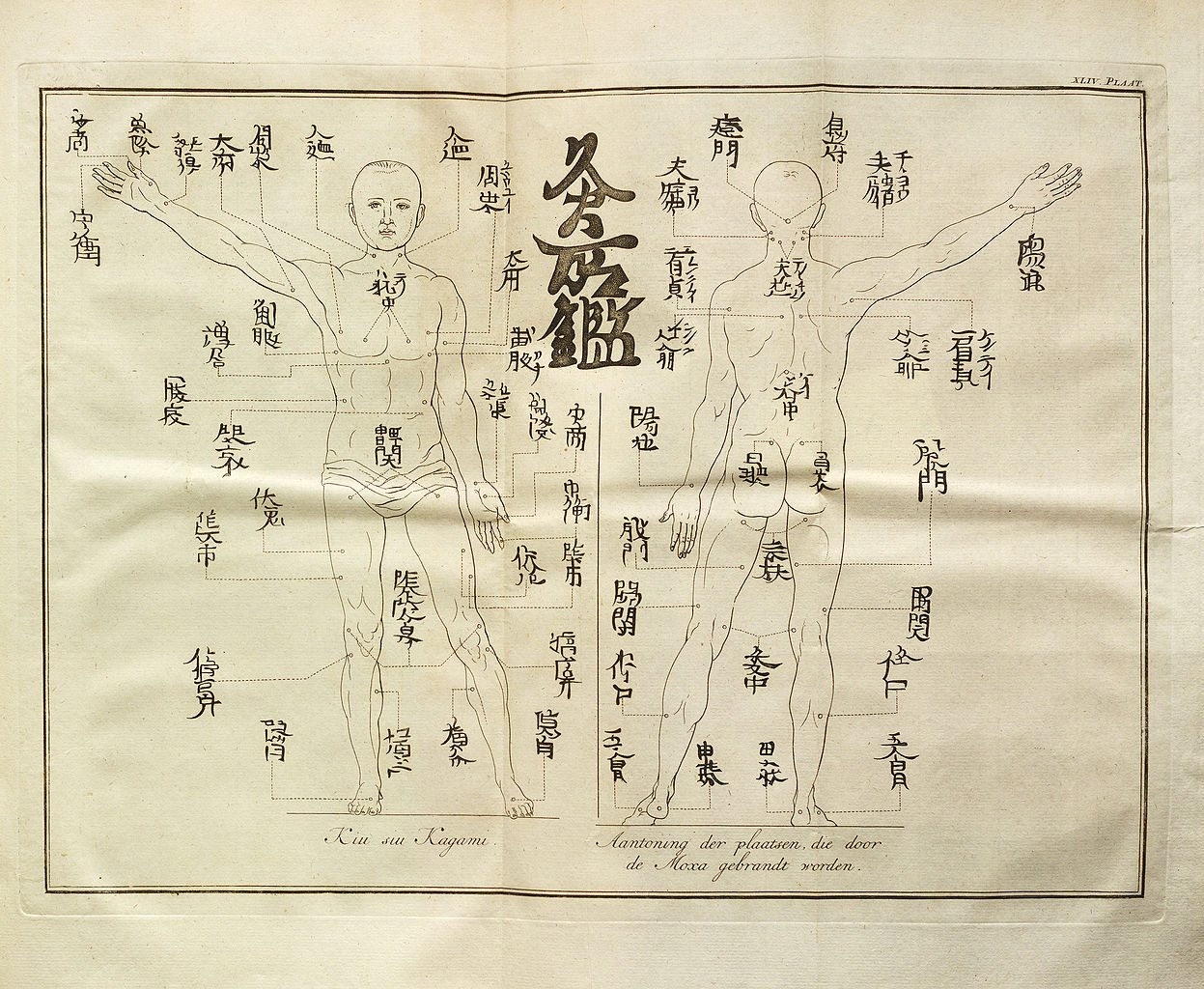Category: Acupuncture

Without Borders
Take up the White Man’s burden– The savage wars of peace– Fill full the mouth of Famine And bid the sickness cease; And when your goal is nearest The end for others sought, Watch CAM and woo Folly Bring all your hopes to nought. Rudyard Kipling. Sort of. The White Man’s burden, a bit of racism from the 19th century: The term...

The Forefather of Acupuncture Energetics, a Charlatan?
Not only his name and his titles of nobility were forged, but parts of the teachings of the man who introduced acupuncture to Europe were also invented. Even today, treatments are provided based on his fantasies. — Hanjo Lehmann1 Decades before President Nixon’s visit to communist China, and before the articles in the Western popular press on the use of acupuncture in...
The World Has Moved On
I do a lot of driving as part of my job. I am the sole Infectious Disease doctor at three hospitals and I can spend an hour or two a day in the car, depending on traffic. What prevents me from going crazy sitting in traffic is listening to podcasts and audible books. I especially like reading (and yes, audio books is...
The Hazards of “CAM”-Pandering
Steven Salzberg, a friend of this blog and Director of the Center for Bioinformatics and Computational Biology at the University of Maryland, is on the editorial boards of three of the many journals published by BioMed Central (BMC), an important source of open-access, peer-reviewed biomedical reports. He is disturbed by the presence of two other journals under the BMC umbrella: Chinese Medicine...
EMDR and Acupuncture – Selling Non-specific Effects
The scientific approach to understanding the world includes the process of carefully separating out variables and effects. Experiments, in fact, are designed specifically to control for variables. This can be especially challenging in medicine, since the body is a complex and variable system and there are always numerous factors at play. We often characterize the many variables that can influence the outcome...
Acupuncture Revisited
Believers in acupuncture claim it is supported by plenty of published scientific evidence. Critics disagree. Thousands of acupuncture studies have been done over the last several decades, with conflicting results. Even systematic reviews have disagreed with each other. The time had come to re-visit the entire body of acupuncture research and try to make sense out of it all. The indefatigable CAM...
How popular is acupuncture?
Everybody’s Doing It One argument that often comes up when skeptics and proponents of so-called complementary and alternative medicine (CAM) debate is the question of the popularity of various CAM practices. Advocates of CAM often claim these practices are widely used and growing rapidly in popularity. Obviously, CAM proponents have an interest in characterizing their practices as widely accepted and utilized. Even...

An ICD Code for the Running Piglets!
… animals are divided into (a) those that belong to the emperor; (b) embalmed ones; (c) those that are trained; (d) suckling pigs; (e) mermaids; (f) fabulous ones; (g) stray dogs; (h) those that are included in this classification; (i) those that tremble as if they were mad; (j) innumerable ones; (k) those drawn with a very fine camel’s-hair brush; (l) etcetera;...
The Good Rewards of Bad Science
All the world sees us In grand style wherever we are; The big and the small Are infatuated with us: They run to our remedies And regard us as gods And to our prescriptions Principles and regimens, they submit themselves. Molière, The Imaginary Invalid (1673)1 The passage above is part of a burlesque doctoral conferment ceremony, where the French playwright Molière (1622-1673)...

